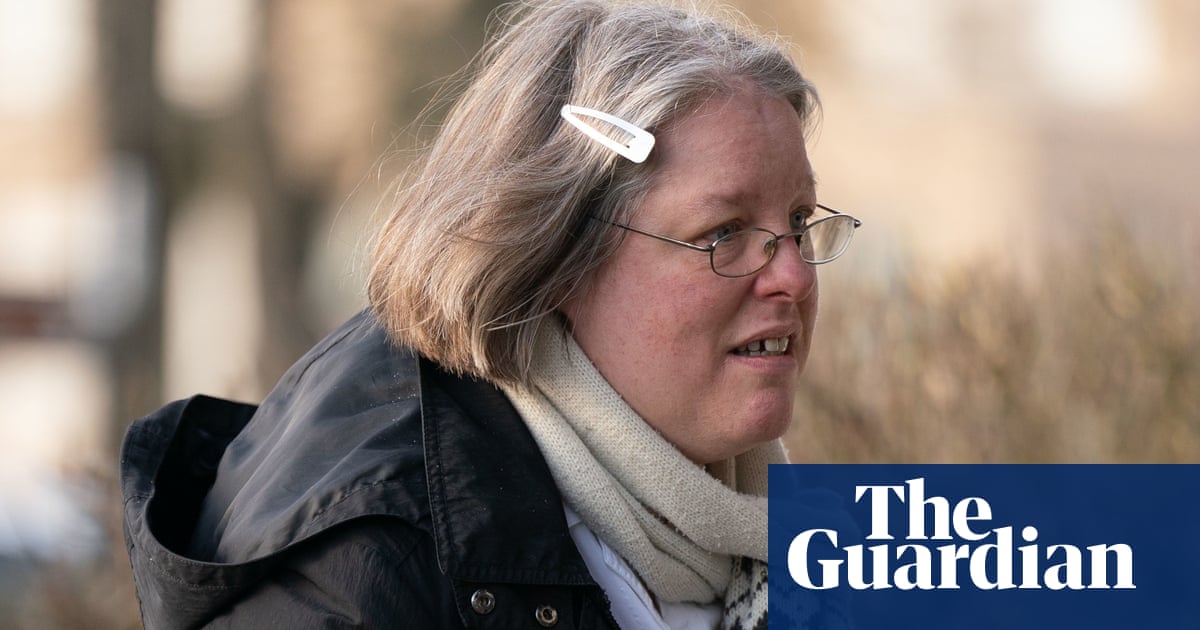
A fourth member of the so-called Stockwell Six, a group of friends accused of trying to rob a corrupt police officer nearly 50 years ago, has had his conviction quashed by the court of appeal.
Texo Johnson, now 67, was with five other young black men who were all arrested on the London underground while on a night out on 18 February 1972.
The group, who became known as the Stockwell Six, were accused of trying to rob the British Transport Police officer DS Derek Ridgewell and were put on trial at the Old Bailey largely on his word.
All six pleaded not guilty, but all except one were convicted and sent to jail or borstal, despite telling jurors that police officers had lied and subjected them to violence and threats.
The Criminal Cases Review Commission (CCRC), which investigates miscarriages of justice, referred Johnson’s conviction for assault with intent to rob to the court of appeal after judges cleared the names of three of his friends earlier this year.
Courtney Harriot, Paul Green and Cleveland Davidson, now in their late 60s, had their convictions ruled unsafe by the court in July.
Johnson, who now lives in the US, was cleared by the court of appeal at a hearing in London on Tuesday.
Sir Julian Flaux, sitting with Lord Justice Dingemans and Lady Justice Andrews, said it was “most unfortunate that it has taken nearly 50 years to rectify the injustice suffered”.
In 1972, Ridgwell, who was wearing plainclothes, claimed the group of young men, who boarded the train at Stockwell station in south London, attempted to rob him before he fought back and arrested them with a team of undercover officers.
Johnson, Harriot, Green and Davidson, as well as Ronald De’Souza, were convicted, but Everett Mullins was acquitted because it was shown his reading ability was not good enough for him to have read and fully understood his signed statement, which was written for him by Ridgewell.
Ridgewell, who previously served in the South Rhodesian, now Zimbabwean, police force, was involved in a number of high-profile and controversial cases in the early 1970s.
These culminated in the 1973 acquittals of the so-called Tottenham Court Road Two – two young Jesuits studying at Oxford University.
Ridgewell was moved into a department investigating mailbag theft, where he joined up with two criminals with whom he split the profits of stolen mailbags.
He was eventually caught and jailed for seven years, and died of a heart attack in prison in 1982 at the age of 37.
In recent years his corruption has led to eight wrongful convictions being overturned by the court of appeal.
In January 2018, Stephen Simmons’ 1976 conviction for stealing mailbags was quashed after he discovered that Ridgewell was jailed for a similar offence two years after his own conviction.
In December 2019, three members of the Oval Four – who were arrested at Oval station in 1972 and accused by Ridgewell’s “mugging squad” of stealing handbags – also had their convictions overturned. Winston Trew, Sterling Christie and George Griffiths had all been sentenced to two years, later reduced to eight months on appeal, after a five-week trial at the Old Bailey.
In March 2020, the final member of the Oval Four, Constantine “Omar” Boucher, also had his name cleared, prompting calls for a “wholesale review” of all cases linked to Ridgewell.











